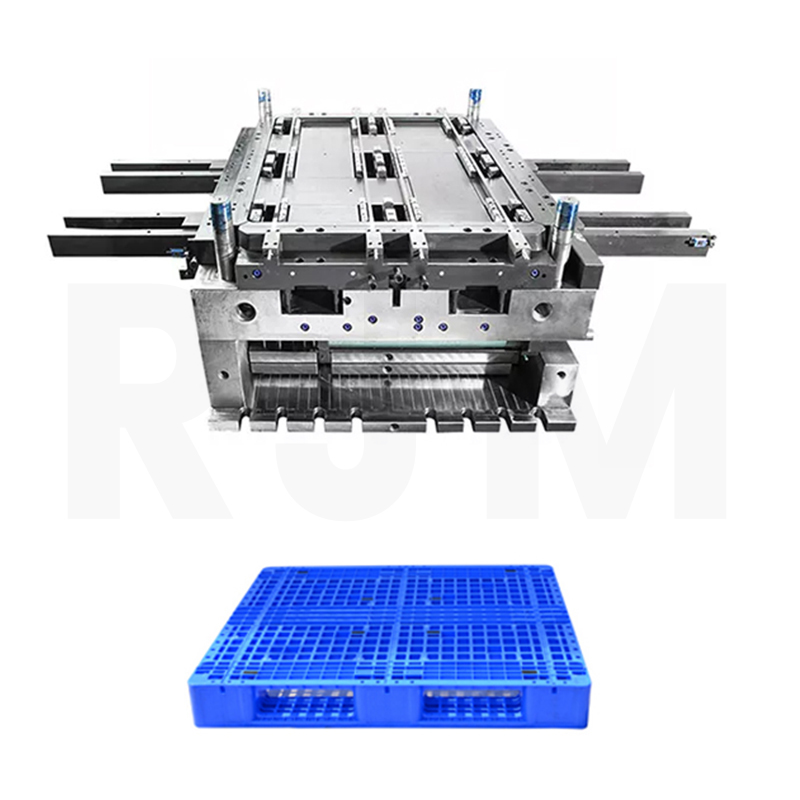Several industries, including the food, pharmaceutical, and chemical industries, have become extremely concerned about mold growing on their wood packaging. In response, pallet suppliers have started treating their products with fungicides. These treatments are designed to minimize the amount of customer complaints. However, the untoward effects of these fungicides can cause problems for other supply chain members.
The main concern with mold is spore transmission. This means that airborne spores can contaminate other materials. In addition, mold can produce toxins. While the toxins produced by mold are not necessarily harmful, the more mold spores a person breathes, the more likely they are to develop asthma.
Mold is a common occurrence in the natural world. It happens on both the surface of wood and within the wood itself. Mold can cause discoloration and staining of wood. It can also produce pigmented spores that may be difficult to see with the naked eye. The best way to combat mold is to prevent it from taking root.
Mold can also contaminate the product being transported on a pallet. In fact, mold has been linked to food borne illnesses and triggered asthma attacks. It can also cause structural damage to wood pallets.
The best way to avoid mold is to store wood pallets in areas with good air flow and a low moisture content. It is also important to vacuum seal wood pallets in order to minimize the risk of mold contamination. This will help prevent mold from taking root and returning. However, even when wood has been properly dried, it can be attacked by mold if it is exposed to water.
Mold is a difficult problem to prevent. While it is possible to purchase mold-free pallets, this may not be the best option for some industries. The risk of mold transferring from a treated pallet to a non-regulated product is also a concern.
Pallet moulds are used to produce a wide variety of products. They are commonly used in the chemical and pharmaceutical industries. There are also pallet moulds designed for the satellite waste collection industry. These products can be made from various materials including PE, PP, ABS, and PVC. You can find pallet moulds in a wide variety of shapes and sizes. They can also be used to make two-way, four-way, or two-way pallets.
The FDA has not yet regulated the use of "Nutraceuticals", which is a product category that is not under its regulation. In some cases, mold can be a hazard for children. However, mold on pallets is unlikely to cause a health risk to children.
Depending on the type of product, mold may not have a major impact on the performance of a pallet. For example, mold on pallets that are designed for transporting food products may not affect the pallet's performance in the short term. However, mold on pallets that are designed for storage or transporting chemicals may be a problem.
While mold does not affect the performance of pallets in the short term, it can affect the product being transported on a pallet. This may be disruptive for many industries. The best way to combat mold is to eliminate it from the beginning.
 High quality plastic injection pallet mould
High quality plastic injection pallet mould
1. Pallet size: 1200x1200x150mm
2. Mould cavity: 1 cavity
3. Mould size: 1800x1800x1100mm
4. Mould material: P20, 718, #45, 2738 etc
5. Runner system: Hot runner
6. Delivery time: 75 - 85 days
7. Suitable Machine size: 2250tons
Our company has many years experience and mature technology in design and processing of the plastic pallet mould. We will be the best partner to work together for your new pallet mould project.
